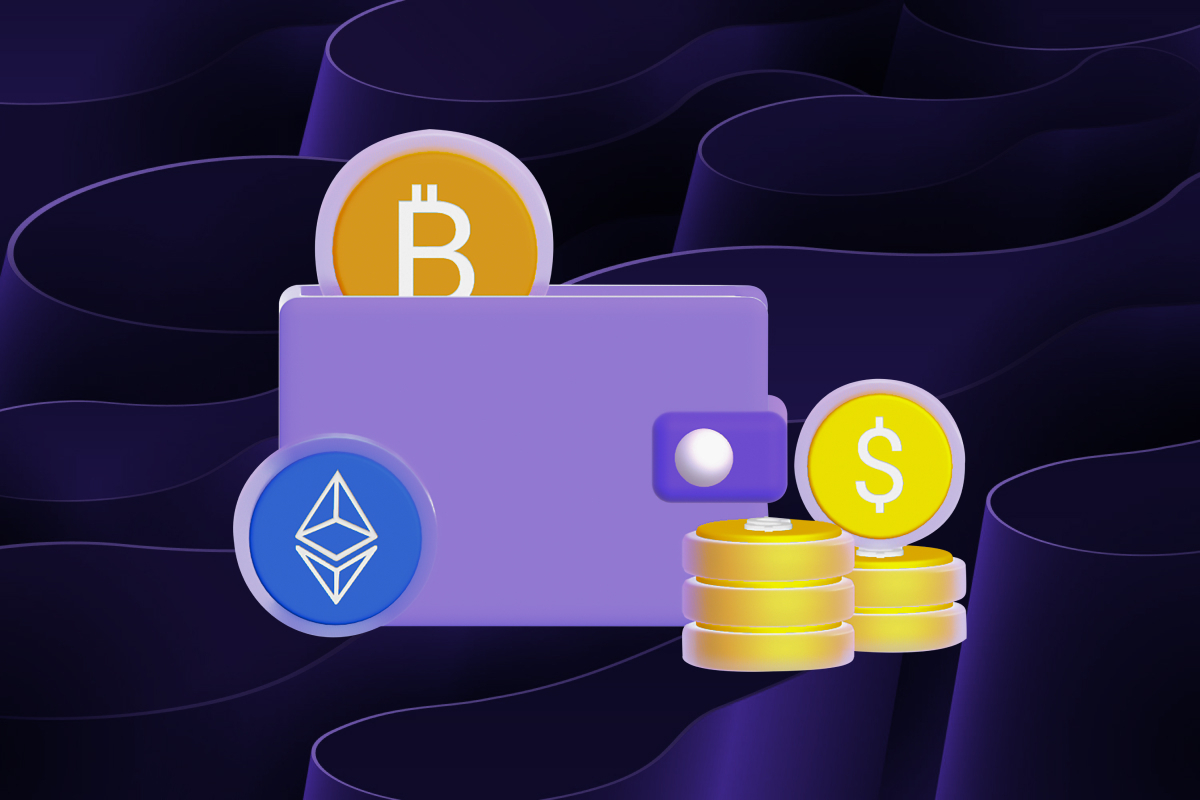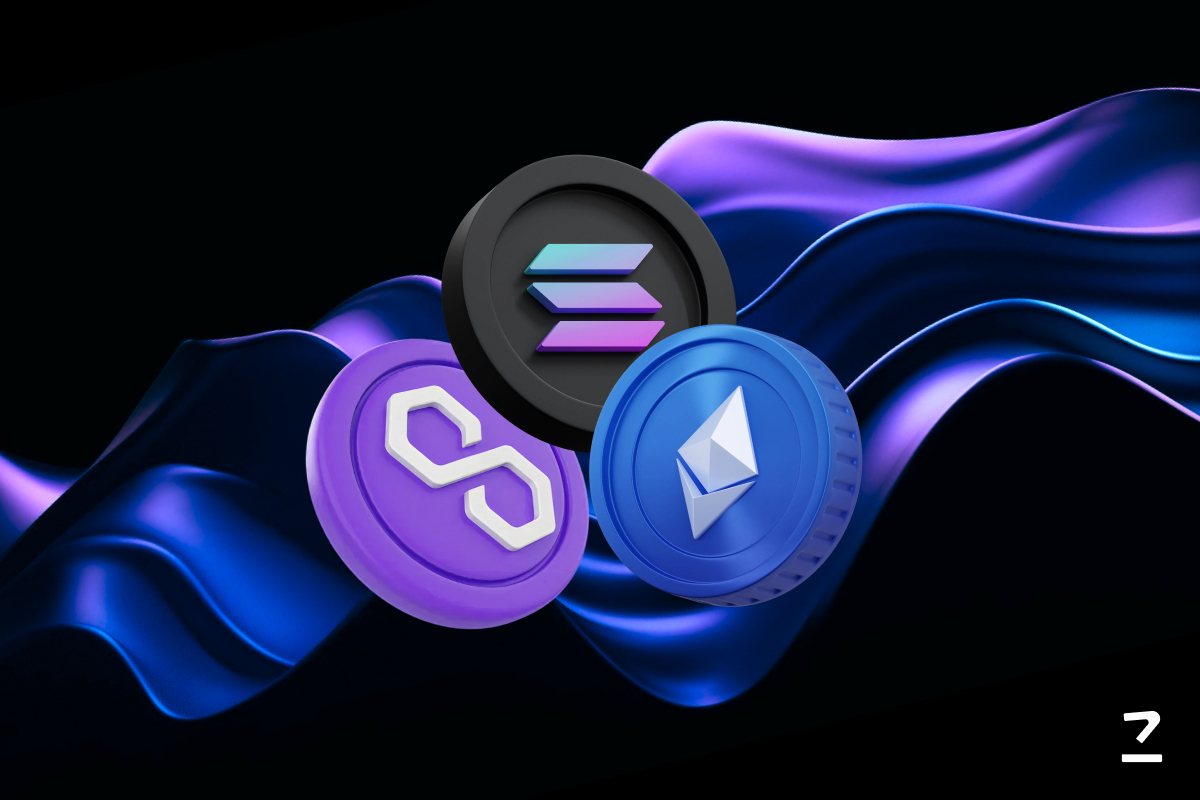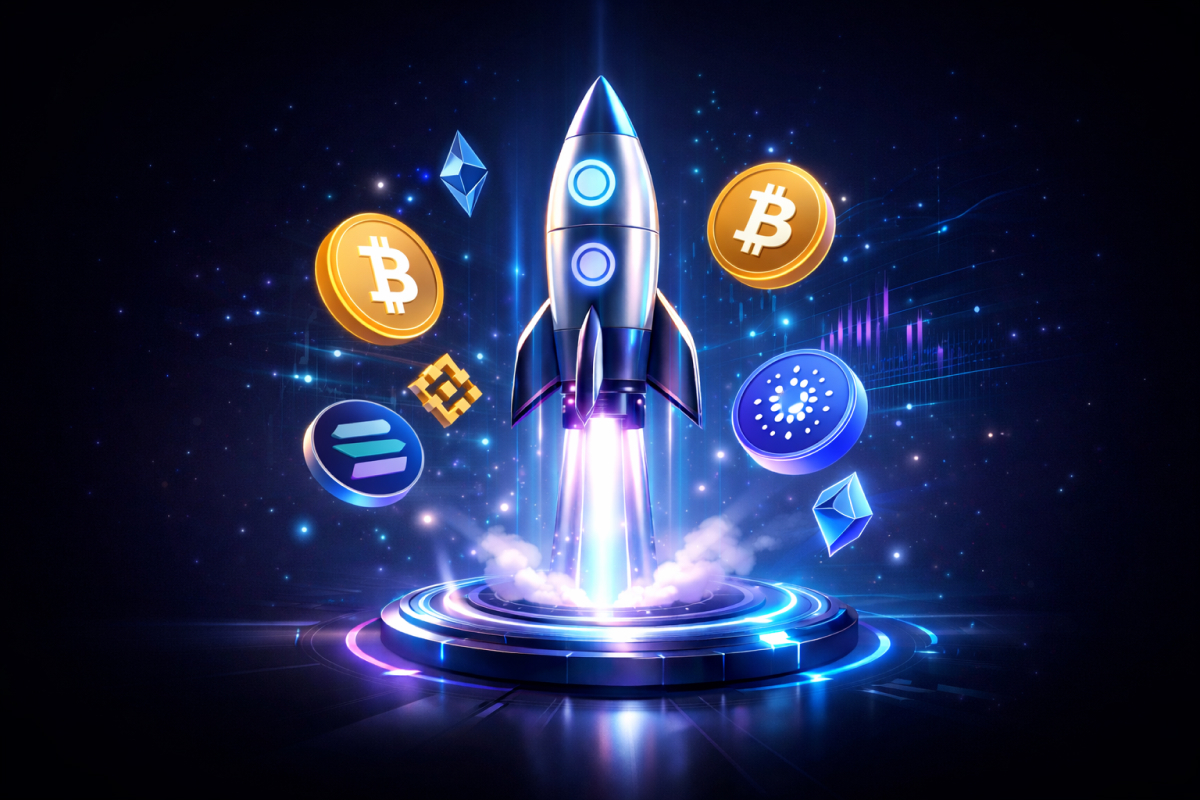SHARE THIS ARTICLE
Undisputed Role of Oracles in Making Blockchains More Adoptable
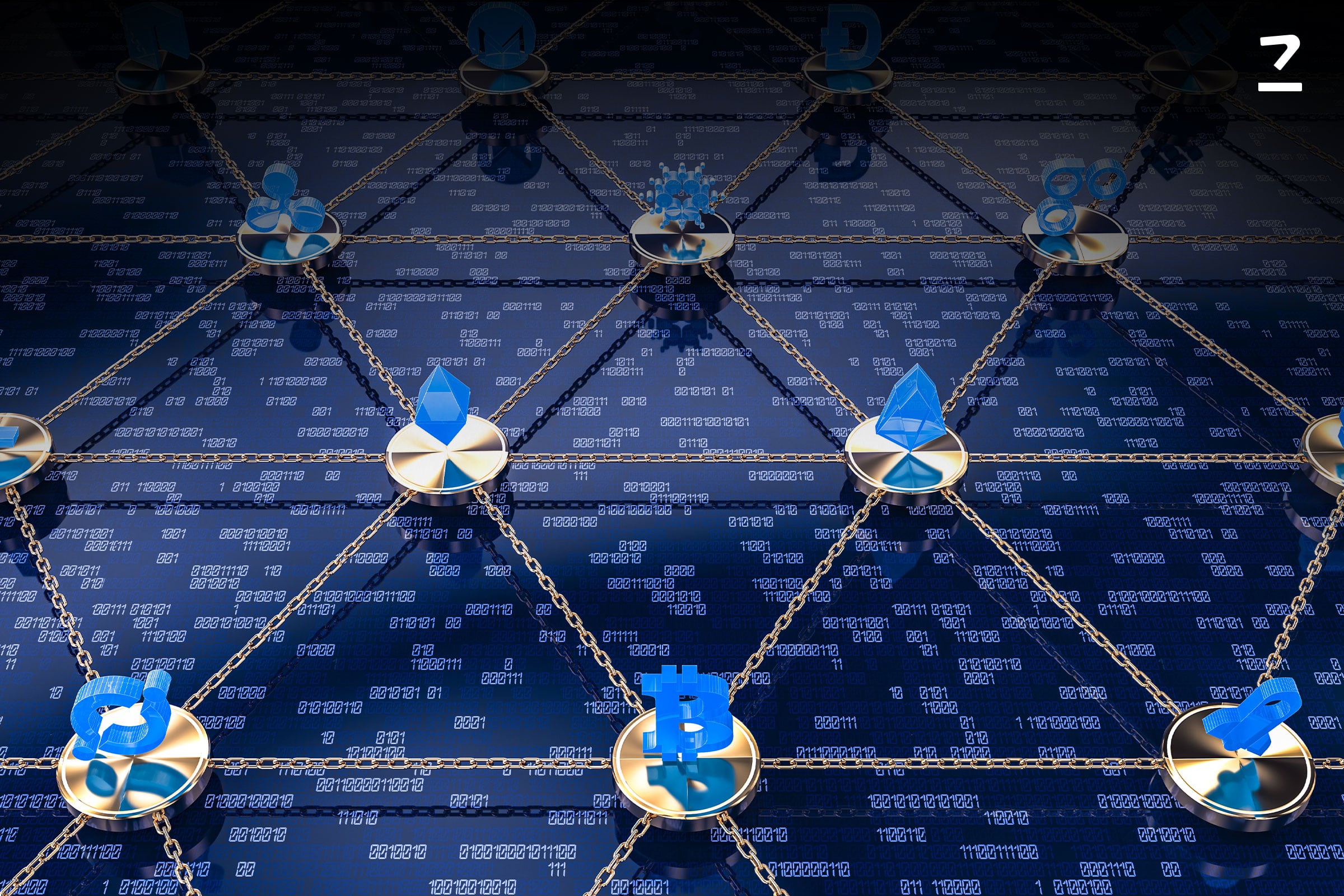
Blockchain oracles are a crucial component of any given blockchain technology development ecosystem, as blockchains by themselves cannot interact with the real world. The problem is, blockchains require real world data to function. Oracles provide external data to smart contracts, allowing them to execute and respond to changes in the real world. There are thousands of Blockchain Oracle solutions available in the market today with ChainLink leading the bandwagon at a market capitalization of more than $3 billion, followed by Band and Nest protocols at 2nd and 3rd spot respectively.
Herein, is a quote, relating with blockchain oracle:
“We have elected to put our money and faith in a mathematical framework that is free of politics and human error.”
- Tyler Winkelvoss, CEO at Gemini.com
The data can include information from the Internet, data from other blockchain networks, or data from IoT devices. Oracles can be used to make blockchain more adaptable by providing the necessary information for smart contracts to execute into Dapps development services. Smart contracts are self-executing contracts with terms of agreement between buyer and seller directly written into lines of code.
Say for example, let’s assume Alice and Bob want to bet on the outcome of a sports match. Alice bets $20 on team A and Bob bets $20 on team B, with the $40 total held in escrow by a smart contract. When the game ends, how does the smart contract know whether to release the funds to Alice or Bob? The answer lies in blockchain smart contract oracle mechanism to fetch accurate match outcomes off-chain and deliver it to blockchain in a secure and reliable manner.
The Use Cases of Blockchain Oracle
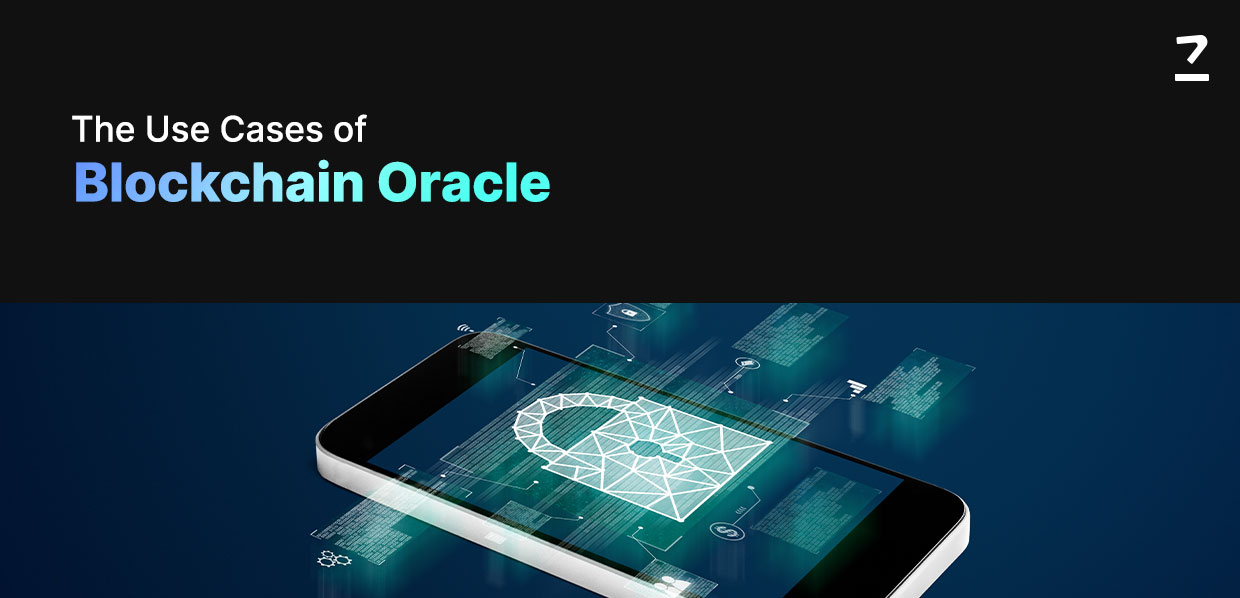
Blockchain Smart Contract Oracles are meant towards different use cases. Let us look at the different use cases wherein Blockchain Oracle is used.
-
One of the main use cases for oracles is in the realm of decentralized finance (DeFi) applications. DeFi applications are built using blockchain technology development and allow users to access financial services such as lending and borrowing, trading, and insurance without the need for a traditional intermediary. However, these applications often require access to external data, such as currency exchange rates or stock prices, in order to function correctly. Oracles can provide this data, allowing DeFi applications to be more adaptable and responsive to changes in the real world.
-
Another use case for oracles is in the field of supply chain management. Blockchain technology can be used to create a tamper-proof record of the movement of goods, but it often requires external data to be fully effective. For example, a smart contract is used to track movement of goods through a supply chain to access data such as temperature, humidity, or location data from IoT devices. Oracles can provide this data, allowing smart contracts to respond to changes in the real world and make better decisions.
-
Oracles are used to make blockchain more adaptable in the field of identity management. Blockchain-based identity systems can be used to create a secure and decentralized way of managing identities, but they often require access to external data to function correctly. For example, a smart contract that is used to verify the identity of a person may need to access data such as government-issued ID numbers or fingerprints. Oracles can provide this data, allowing the smart contract to make decisions based on real-world data.
-
Oracles are important for interoperability between different blockchain networks. Oracles can act as a bridge between different blockchain networks, allowing them to communicate with each other and share data. This can help to increase the adaptability of blockchain networks and make them more useful in real-world scenarios used in Dapps development services.
Types of Blockchain Oracles to look at
You might expect a blockchain smart contract oracle to be ordinarily of one type. However, there are types of blockchain oracles to make a note of.
-
The first type of blockchain oracle is the software oracle. One of the main use cases for oracles is in the realm of decentralized finance (DeFi) applications. DeFi applications are built using blockchain technology development and allow users to access financial services such as lending and borrowing, trading, and insurance without the need for a traditional intermediary. However, these applications often require access to external data, such as currency exchange rates or stock prices, in order to function correctly. Oracles can provide this data, allowing DeFi applications to be more adaptable and responsive to changes in the real world.
-
The second type of blockchain oracle is the hardware oracle. A hardware oracle is a physical device that is connected to the Internet and can provide external data to a blockchain network. This data can include information from IoT devices, such as temperature, humidity, or location data. Hardware oracles are often used in supply chain management, logistics, and applications requiring real-world data from IoT devices.
-
The third type of blockchain oracle is the human oracle. A human oracle is a person who provides external data to a blockchain network. This data can include information that is difficult or impossible to obtain through other means, such as legal or regulatory information. Human oracles are often used in legal and regulatory applications, such as identity verification, and can also be used in gaming and prediction markets.
-
The fourth type of blockchain oracle is the decentralized oracle network (DON). A decentralized oracle network is a network of oracles that are run by different parties and are connected to the blockchain network. These oracles work together to provide external data to smart contracts, ensuring that the data is accurate, reliable and tamper-proof. Decentralized oracle networks are often used in applications that require multiple sources of data, such as decentralized prediction markets and insurance platforms.
-
The fifth type of blockchain oracle is the trusted execution environment (TEE) oracle. TEE oracles are used to provide secure execution of smart contracts and other code on a device, while keeping the data and keys secured. This allows the smart contracts to access sensitive data, such as personal information, without compromising the security of the data. This type of oracle is often used in applications that require secure access to sensitive data, such as healthcare, finance, and identity verification.
Steps to set up a blockchain oracle
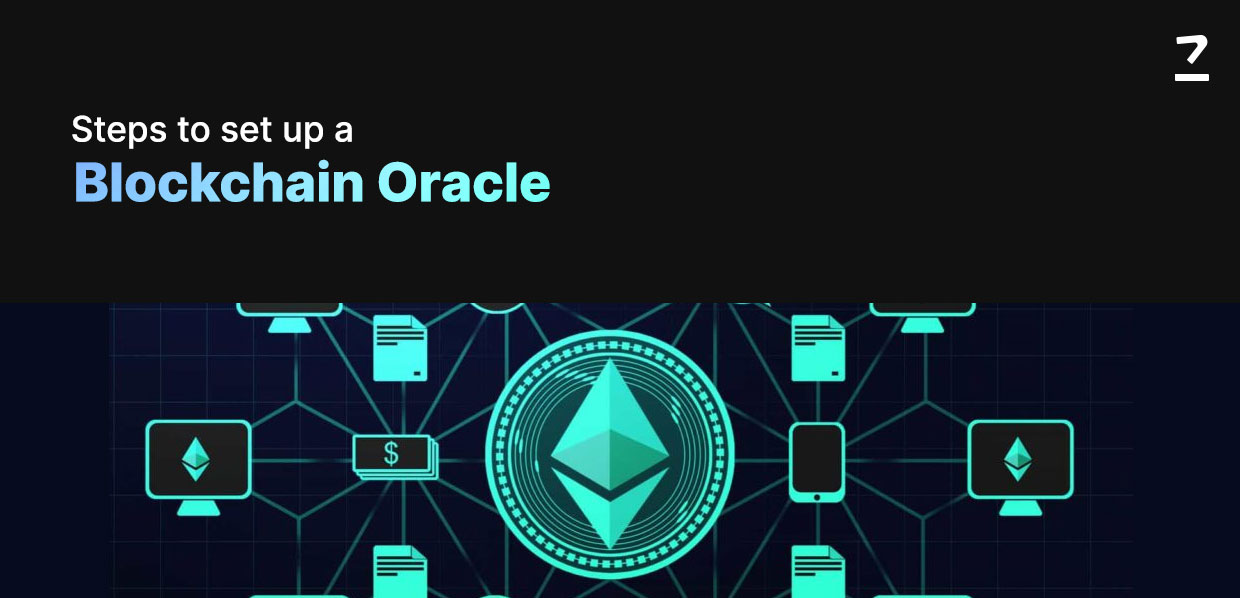
There are various steps in setting up a blockchain oracle for Dapps development services. Let us look at what those stages are.
-
The first step in setting up a blockchain oracle is to determine the type of oracle needed. There are various types of oracles, including software oracles, hardware oracles, human oracles, decentralized oracle networks, and Trusted Execution Environment (TEE) oracles. Each type of oracle has its own unique characteristics and use cases, and the one that is chosen will depend on the specific requirements of the application.
-
Once the type of oracle has been determined, the next step is to select the blockchain platform that will be used. The most popular blockchain platforms for oracles are Ethereum and EOS, but there are also other platforms such as Binance Smart Chain and Polygon that can be used. The choice of platform will depend on the specific requirements of the application and the type of oracle that is being set up.
-
After the blockchain platform has been selected, the next step is to set up the oracle itself. For software oracles, this typically involves writing the code that will be used to gather and provide external data to the blockchain network. For hardware oracles, this involves setting up and configuring the physical device that will be used to provide external data. For human oracles, this involves identifying and recruiting the person or people who will be providing the external data. For decentralized oracle networks, this involves setting up and configuring a network of oracles used to provide external data.
-
Once the oracle has been set up, the next step is to integrate it with the blockchain network. This typically involves writing smart contracts that will be used to access the external data provided by the oracle. It is important to ensure smart contracts are secure and that they are able to access the external data in a reliable and tamper-proof manner.
-
After the oracle has been integrated with the blockchain network, it is important to test it to ensure its working correctly. This typically involves running a series of tests to simulate scenarios and check whether oracle provides the external data as expected.
-
Finally, it is important to consider the security of the oracle. Oracles are a potential point of attack for hackers, so it is important to ensure that they are secure. This typically involves implementing security measures such as encryption, authentication, and access control. Additionally, it is important to ensure that the oracle is regularly updated with security patches to protect against newly discovered vulnerabilities.
What to conclude?
In conclusion, blockchain oracles provide external data to smart contracts, allowing them to execute and respond to changes in the real world. There are various types of blockchain oracles, including software oracles, hardware oracles, human oracles, decentralized oracle networks, and TEE oracles. Each type of oracle has its own unique characteristics and use cases in blockchain technology development, and they all play an important role in making the blockchain more adaptable and useful in real-world scenarios. It is very important to understand the different types of oracles and their use cases, as they are becoming an essential component in the blockchain ecosystem.
Post Author
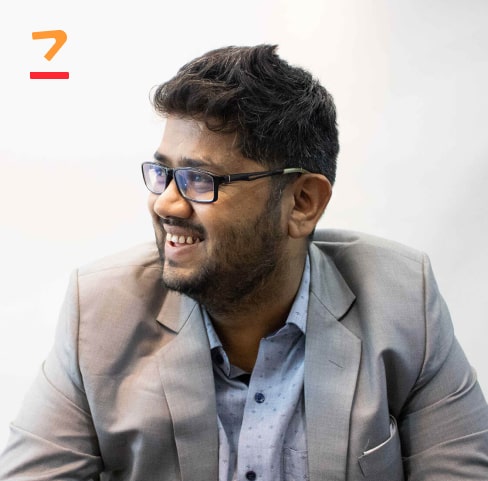
Explore Deep's insightful blog posts that help businesses stay ahead of the curve, explore new possibilities, and unlock the full potential of blockchain technology

1686561084136.jpg)
